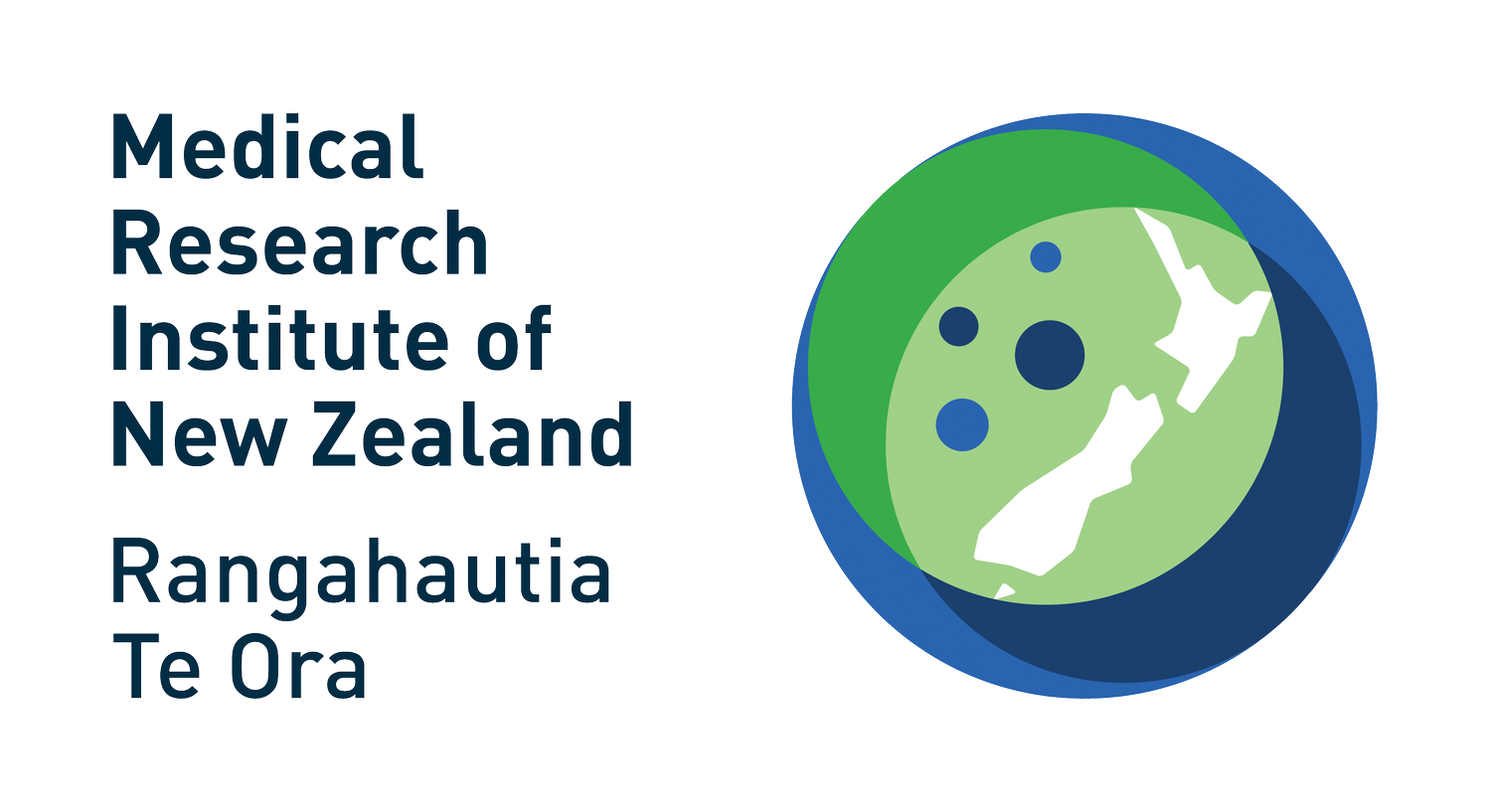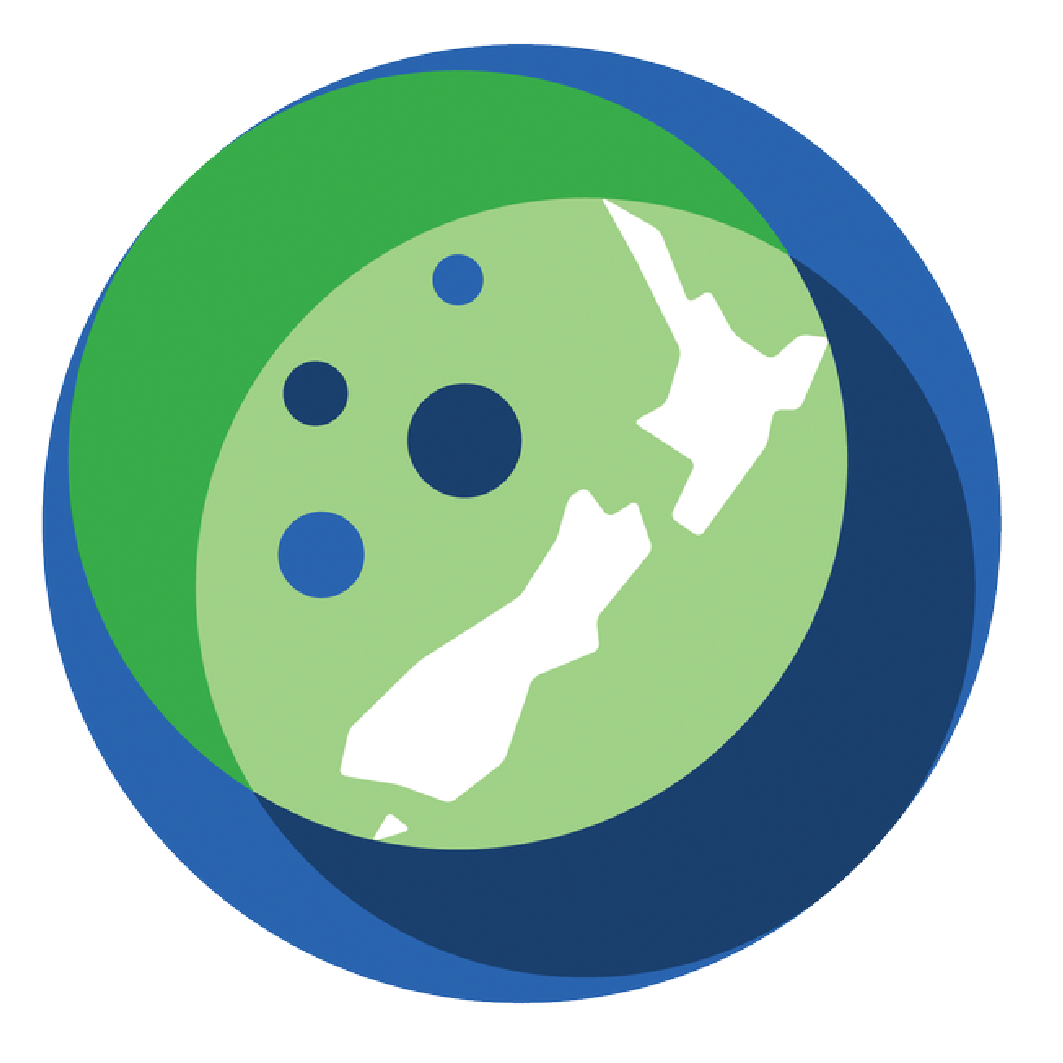Te Wiki o Te Reo Māori 2025 — Jackson Smeed-Tauroa on Honouring the Past and Shaping Tomorrow
Kia ora, ko Ngaati Korokii-Kahukura tōku iwi, ko Poohara tōku marae, kei te noho au ki Te Whanganui-a-Tara, ko Jackson Smeed-Tauroa tōku ingoa.
I was born and raised in the suburbs of Te Whanganui-a-Tara, surrounded by whānau, friends, and a wider community that has shaped who I am today. My mother’s unwavering support has been a cornerstone in my journey — without her sacrifices, I wouldn’t be in the position I am now. Beyond immediate whānau, my childhood friends and extended ‘aunties and uncles’ have provided a network of guidance, care, and connection that continues to influence my life.
Outside of work, I enjoy simple pleasures like fried bread, a hearty bowl of my mum’s boil-up, or a generous serving of Sapasui (tip: it makes perfect fried bread filling!). These moments of comfort and connection keep me grounded as I navigate the demands of my professional life.
I joined the Medical Research Institute of New Zealand (MRINZ) in February 2024 as an Assistant Research Fellow. My days are never quite the same: I split my time between the Intensive Care Unit at Wellington Hospital and working toward completing my Master’s thesis. There’s incredible energy in the ICU — the research being conducted here is saving lives and shaping the future of health in Aotearoa. Yet, the project that excites me most is my Master’s thesis — exploring the experiences of whānau of Māori patients in the ICU. This research fills a significant gap in Aotearoa and has the potential to improve the experiences of whānau during some of their most challenging times.
Reflecting on my journey, I realise how unexpected paths can lead to meaningful work. From call centre jobs to a poorly timed move to Australia, the twists and turns ultimately led me to Victoria University, where I discovered a love for learning and multidisciplinary teamwork. At MRINZ, that curiosity is nurtured every day. The support network here has enabled me to grow, to ask questions, and to push myself beyond what I thought possible.
Growing up in a community rich with Māori and Pacific peoples has deeply informed my perspective on health and equity. Knowing the challenges whānau face, listening to their experiences, and being able to contribute to meaningful change drives my mahi. My ‘why’ is simple but profound — improving the health and wellbeing of whānau through better experiences in the health system.
For me, te reo Māori and tikanga are living parts of my identity that inform both my work and life. Māori Language Week is a powerful reminder of the strength our reo gives us. One whakataukī guides me in both research and life — “Hoki whakamuri, kia anga whakamua” — Look to the past to help forge the future.
Understanding the past shapes the present, and through that knowledge, we can create a better future. In my mahi, this means learning from the experiences of whānau to improve the health system for generations to come.
Mauri tū, mauri ora — stand strong, live well, and let our reo, culture, and whānau guide the way.

